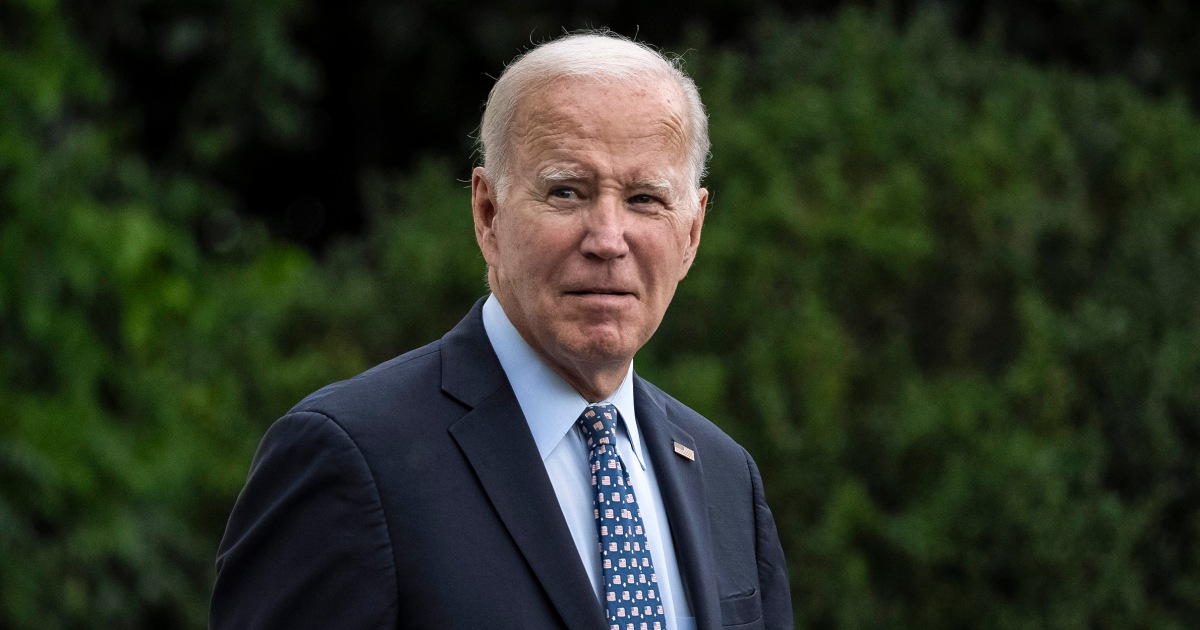- cross-posted to:
- [email protected]
- cross-posted to:
- [email protected]
The Supreme Court on Friday blocked in full a lower court ruling that would have curbed the Biden administration’s ability to communicate with social media companies about contentious content on such issues as Covid-19.
The decision in a short unsigned order puts on hold a Louisiana-based judge’s ruling in July that specific agencies and officials should be barred from meeting with companies to discuss whether certain content should be stifled.
The Supreme Court also agreed to immediately take up the government’s appeal, meaning it will hear arguments and issue a ruling on the merits in its current term, which runs until the end of June.
Three conservative justices noted that they would have denied the application: Samuel Alito, Clarence Thomas and Neil Gorsuch.
TL; DR?
Judge Terry Doughty, who was appointed by Trump, barred officials from…
Partisan courts? Perish the thought.
Blatantly ignoring precedents.
Imagine cigarette companies regaining the ability to downplay adverse health affects and market towards children.
That might be the least of our worries.
I’m sure they’re inagining it well enough
I remember when the thing republicans were decrying was “activist judges”.
No shit. That didn’t age well.
deleted by creator
I’m not sure how I feel about the president having the ability to remove social media posts. While there should a way to control people saying stuff that goes against every fact of science that people actually educated in the field agree on as a majority. But it makes me feel uneasy giving that power to the president. I am sure Trump wouldn’t have abused that precedent at ALL.
It’s not a matter of “the president having the ability to remove social media posts”.
It’s more like “should government agencies be allowed to use the ‘report’ button?”
For example: Facebook has their own policies against violent hate incitement, COVID health fraud, and so on. They choose to have those policies; they’re not forced to by the government. If someone at the CDC sees a Facebook post that tells people to avoid vaccination and drink bleach instead, should they be allowed to report it to Facebook as a violation of Facebook’s rules? If someone at the State Department sees a Facebook campaign that incites people to commit genocide, should they be allowed to tell Facebook what their platform is being used for?
The plaintiffs’ argument was, roughly, “If a government agency tells Facebook about a violation of Facebook’s rules, that’s the government pressuring Facebook to silence someone’s speech, which is a First Amendment violation.”
That’s the argument the court rejected. Government agencies are allowed to use the “report” button just as much as anyone else. They’re allowed to communicate with social media sites about social problems such as hate incitement and health fraud. Doing so doesn’t constitute forcing Facebook to take down someone’s post.
By the way, this is also what the “Twitter Files” stuff was about: not government requiring Old Twitter to censor posts, but government agencies communicating with Old Twitter about things that were already in violation of Old Twitter’s rules.
TLDR for why the conservative justices have their opinion: they state they can’t understand why broad undefined rules would inhibit free speech.
It’s generally understood that if rules are broad and undefined, then speakers will prefer to self censors proactively, thus limiting speech.
I think you have it backwards. They want to stop the administration from pressuring social media to self censor, i.e. prevent the administration from inhibiting free speech.
Nope, I’m pretty sure I’m reading their opinion right
Instead of providing any concrete proof that “harm is imminent,” White v. Florida, 458 U. S. 1301, 1302 (1982) (Powell, J., in chambers), the Government offers a series of hypothetical statements that a covered official might want to make in the future and that, it thinks, might be chilled. Application 36–38. But hypotheticals are just that—speculation that the Government “may suffer irreparable harm at some point in the future,” not concrete proof. White, 458 U. S., at 1302 (emphasis added). And such speculation does not establish irreparable harm. Nken, 556 U. S., at 434; see also Clapper v. Amnesty Int’l USA, 568 U. S. 398, 414, n. 5 (2013) (rejecting similar speculation as insufficient to establish an Article III standing injury).
The injunction prevented specific government agencies from coercing or otherwise threatening to punish social media companies who didn’t remove posts. That’s neither broad nor undefined.
This is the best summary I could come up with:
The decision in a short unsigned order puts on hold a Louisiana-based judge’s ruling in July that specific agencies and officials should be barred from meeting with companies to discuss whether certain content should be stifled.
"At this time in the history of our country, what the court has done, I fear, will be seen by some as giving the government a green light to use heavy-handed tactics to skew the presentation of views on the medium that increasingly dominates the dissemination of news.
We look forward to dismantling Joe Biden’s vast censorship enterprise at the nation’s highest court," Missouri Attorney General Andrew Bailey said in a statement Friday.
Judge Terry Doughty, who was appointed by Trump, barred officials from “communication of any kind with social-media companies urging, encouraging, pressuring, or inducing in any manner the removal, deletion, suppression, or reduction of content containing protected free speech.”
But the appeals court still required the White House, the FBI and top health officials not to “coerce or significantly encourage” social media companies to remove content the Biden administration considers misinformation.
Prelogar argued that the original injunction is “vastly overbroad,” saying “it covers thousands of federal officers and employees, and it applies to communications with and about all social media platforms” regarding content moderation on such topics as national security and criminal matters.
The original article contains 644 words, the summary contains 221 words. Saved 66%. I’m a bot and I’m open source!






